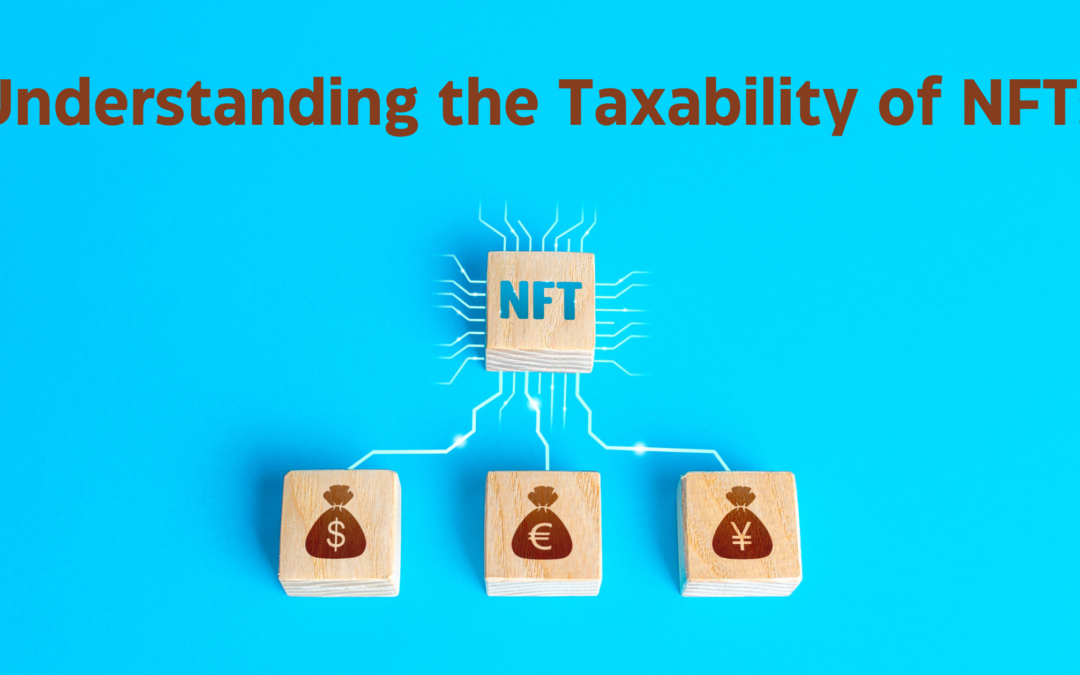Tax authorities worldwide are deciding how to tax non-fungible tokens. Now is the time to get clarity on this quickly evolving phenomenon.
You might be wondering what non-fungible tokens (NFTs) are all about. An NFT is a digital certificate of ownership and authenticity of an asset. Each asset represented by an NFT is unique and irreplaceable (non-fungible), and each digital certificate written on the blockchain is not capable of changing. In simple terms, an NFT serves as indisputable proof of ownership and originality of the purchased product.
The value of NFTs comes from proof of ownership and scarcity. Thus, a marketplace of buyers and sellers emerged after the first NFT was created in 2014. Where there is a marketplace, there are taxes. Tax authorities, however, have been slow to publish guidance on the taxation of NFTs. But taxes can and do apply to many NFT transactions. Here’s a breakdown of the current framework for taxing NFTs:
Determine whether the underlying asset is on or off the blockchain.
- NFT assets can be digital or physical.
- When a digital asset and all its metadata are stored on a blockchain, the NFT is on-chain.
- Off-chain digital assets aren’t stored on a blockchain.
- Physical assets are always off-chain.
Examine the economic substance of the transaction.
- Tax authorities apply the “look-through doctrine” to validate the economic reasons for an exchange between parties. This approach focuses on the substance of the transaction rather than its form.
Examine the terms and conditions of the smart contract executed with the NFT sale.
- Smart contracts govern access, use, and enjoyment of the NFT, including copyright, licensing, and royalties.
- Determine the taxability of NFTs in your location based on what is purchased.
Determine which tax applies.
- Sourcing rules dictate which jurisdiction can levy and collect tax on a transaction. However, sourcing an NFT sale is challenging due to the decentralized nature of blockchain.
In summary, most NFTs are subject to sales tax or VAT depending on the country. Sellers should analyze the economic substance of transactions, document purchaser locations, and convert cryptocurrency to local fiat currency for tax purposes. It’s wise to consult a tax professional to understand the tax implications of NFT transactions in your country of residence.
